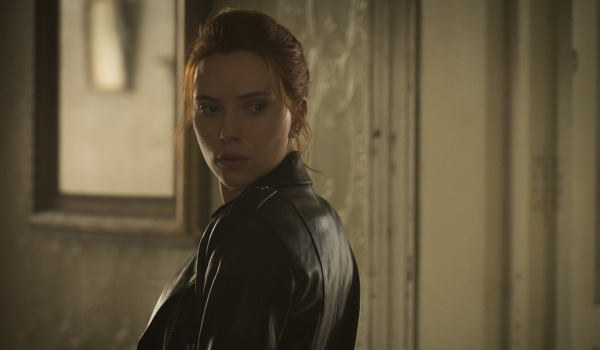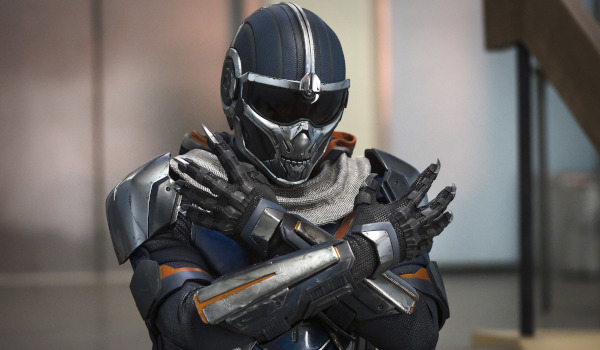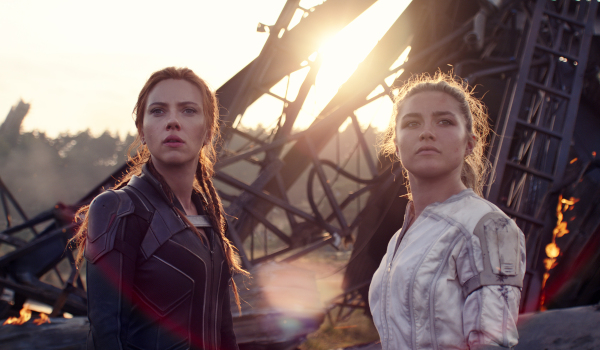- Title: Black Widow
- IMDb: link

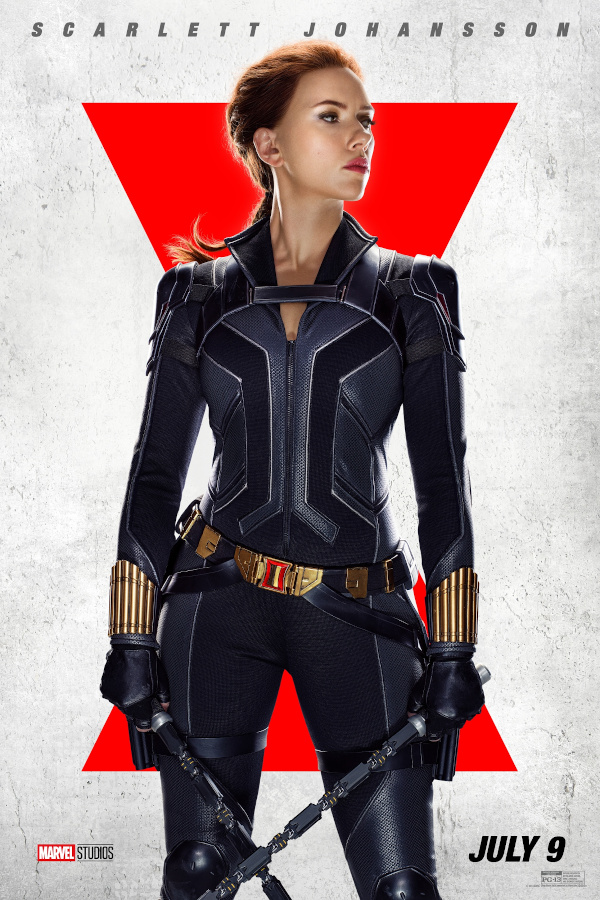 The movie Marvel Studios didn’t want to make finally sees the light of day. Despite being the first female hero introduced in the MCU, Marvel seemed to have no interest in giving Black Widow (Scarlett Johansson) her own film until the financial success of Wonder Woman and Captain Marvel forced their hand.
The movie Marvel Studios didn’t want to make finally sees the light of day. Despite being the first female hero introduced in the MCU, Marvel seemed to have no interest in giving Black Widow (Scarlett Johansson) her own film until the financial success of Wonder Woman and Captain Marvel forced their hand.
First, let me say that I’m glad we get a Black Widow movie. The character rocks, Johansson is brought back with her deadpan wisecracks, and it’s thoroughly, unapologetically, over-the-top during its climactic bat-shit-crazy battle sequences.
That said, Black Widow isn’t the movie I had hoped for. Natasha Romanoff’s time as a spy, and how well she was put to use in Captain America: The Winter Soldier, suggested an obvious idea for her film. However, despite fans clamoring for a spy story, writers Jac Schaeffer, Ned Benson, and Eric Pearson instead offer an odd-ball dysfunctional family super-hero film and origin story as Natasha is reunited with her cover family Yelena (Florence Pugh), Melina (Rachel Weisz), and Alexei (David Harbour) on a mission to destroy the Red Room.
One of the problems with waiting so long to get Black Widow’s story to the big screen is other movies such as Red Sparrow and Anna, not to mention the many variations of Nikita, among others, already beat Marvel to the punch in telling a story about a young woman forced into the life of a deadly assassin by a super-secret government agency. This may be why Marvel decided to go in a different direction for a film that has spy underpinnings but isn’t a spy story. So instead of seeing Natasha as a spy, either in the present or in flashbacks, we get her surviving something akin to the ending of Captain America: The Winter Soldier ratcheted up to Fast and Furious levels along with a single day of her childhood in a story centered around unfinished business and family.
For villains, Black Widow offers us Ray Winstone as the evil force behind the Red Room, Thaddeus Ross (William Hurt) still failing at chasing down heroes, an assortment of beautiful (and nameless) young women as brainwashed Red Room agents, and Taskmaster (whose skills in the movie version may or may not be related to his tech but whose real identity is laugh-out-loud hilarious when revealed as the size of the characters don’t come close to matching up on screen). None turn out to be all that memorable.
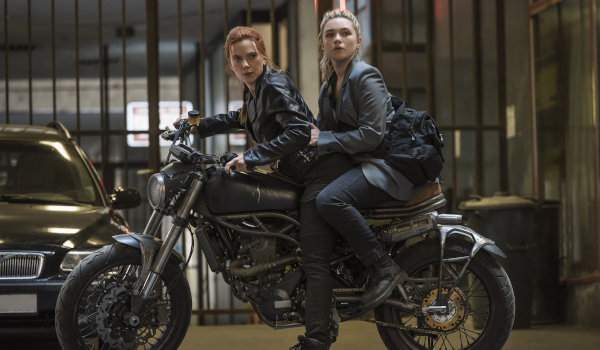
Given her death in Avengers: Endgame, we had limited opportunities of where a movie might take place. The choice of putting Black Widow between Captain America: Civil War and Avengers: Infinity War allows us to see Natasha on the run, separated from other Marvel heroes (who of course are all absent). It’s here that her past catches up with her, first in her reunion with Yelena and then with the pair’s surrogate parents. The film’s existence, from Marvel’s point of view, becomes obvious during the film’s end credit scene (you didn’t think they’d make a movie because the character simply deserved one, did you?). I won’t spoil it for you here, but it does work as a bridge to promote various Disney+ properties and help tie the older Marvel properties to the new ones yet to come.
Black Widow works as an action movie (which, let’s face it, is a pretty low bar). It even works okay as a super-hero movie (even if it’s success rate is closer to The Incredible Hulk than The Avengers). Given its star, character, and the decade Marvel had to put together the film, it’s hard not to be somewhat disappointed with the so-so results. Still, in the relatively forgettable summer of 2021, a likable character with a built-in fan base and hours of increasingly ridiculous action scenes, which should have killed the character numerous times, can go a long way to momentarily satisfy any cravings you may have for Marvel looking back while also introducing new characters who will play major roles in the future of the MCU.

